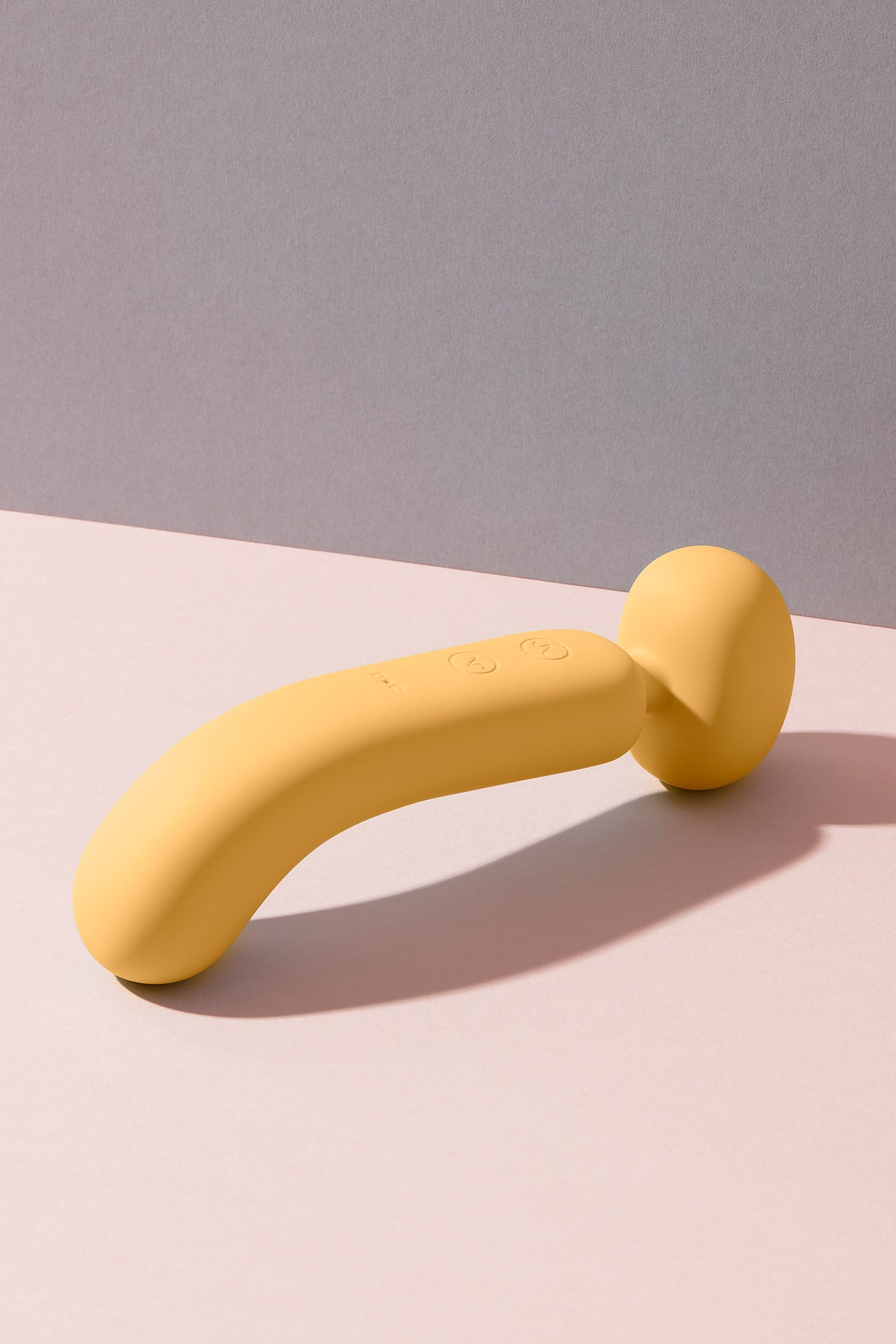The reality of living with dysphoria* is that connecting with your body, full stop, can be a real challenge. We often struggle to find parts of our bodies that we like or can relate with and as a result we can easily become separate from them and find it difficult to interact with them.
Personally, as a trans-masc non-binary person, over 2 years into my medical transition, I still struggle.
To connect with a body, sexually, that does not feel like yours is unbelievably complex and often doesn’t feel possible. But there are some ways in which we can help ourselves to feel more comfortable, and ways in which allies can better support us.
Below I’ve listed 3 things that I’ve found to have helped me connect with my body in some way or another, sexually. It’s important to note everyone has different preferences and comforts so if you are looking to try some of these make sure to only do what feels good to you.
1. Masturbation
This is a challenging one for many of us to talk about, as trans masturbation is so taboo. Often even a conversation about the topic leads to transphobic ideas.
I think it’s safe to say that trans people don’t generally want to be asked questions about their masturbation (unless of course they have agreed in advance). In an ideal world we’d all be able to talk freely about our personal experiences with no judgement and no fear.
In reality though this is just not the case for trans people. More likely than not when we're asked questions they are ignorant, uneducated, or rooted in transphobia.
In reality masturbating is different for all of us - just like it is for cis people. The one difference being, for us it’s harder to connect with ourselves and therefore the act of masturbation itself can sometimes be hard going. Personally, in order to connect with my body on a sexual level, I need to look at it through a different lense. From clothing choices down to different sex toys that give me a feeling of masculinity. Changing the way I perceive my body is crucial for my connectedness.
Using toys (such as vibrators, strap ons, dildos) in the ways that suit you, is one way to help relieve some of that dysphoria during masturbation. Others include dim lighting, music to help relax you, staying clothed / in your underwear.
2. Gender affirming self-talk
Using gender affirming self talk is an important part of connecting with myself sexually.
For example, using terminology that affirms me when i’m referring to my body parts, using masculine phrasing where possible, validating my identity when I’m struggling.
Also ensuring the people around me are doing the same and using my correct pronouns at all times, is pretty necessary for my sense of self. Even the small differences in the ways we speak to ourselves and others speak to us, can have a drastic effect on the ways we look at ourselves.
3. Space and time
This may seem obvious. But the amount of pressure I see trans people putting themselves under to have everything worked out and ‘together’ so quickly, is enormous.
Pressure to keep up with the binary world and the ways in which cisgender*, heterosexual* people exist sexually. And it isn’t helpful for us.
Connecting with ourselves and our bodies sexually is not as easy for us as it can be for cisgender, heterosexual people. They haven’t spent their whole lives questioning their identities and being invalidated relentlessly as a result.
We need to give ourselves time and safe spaces to heal and to grow. To try out new ways of self-appreciation and pleasure that make us feel at one with ourselves, slowly. One step at a time.
There is no standard or expectation, other than your own, that really matters. Only we can do the work to become connected and at one with ourselves, on a sexual and non-sexual level.
It’s entirely up to us.
To connect with a body, sexually, that does not feel like yours is unbelievably complex and often doesn’t feel possible. But there are ways in which we can help ourselves.
Az Franco
(youcancallmeaz)
*dysphoria - a sense of unease that a person may have as a result of a mismatch between their gender identity and the sex they were assigned at birth.
*cisgender - a person who’s gender matches the sex they were assigned at birth
*heterosexual - straight



